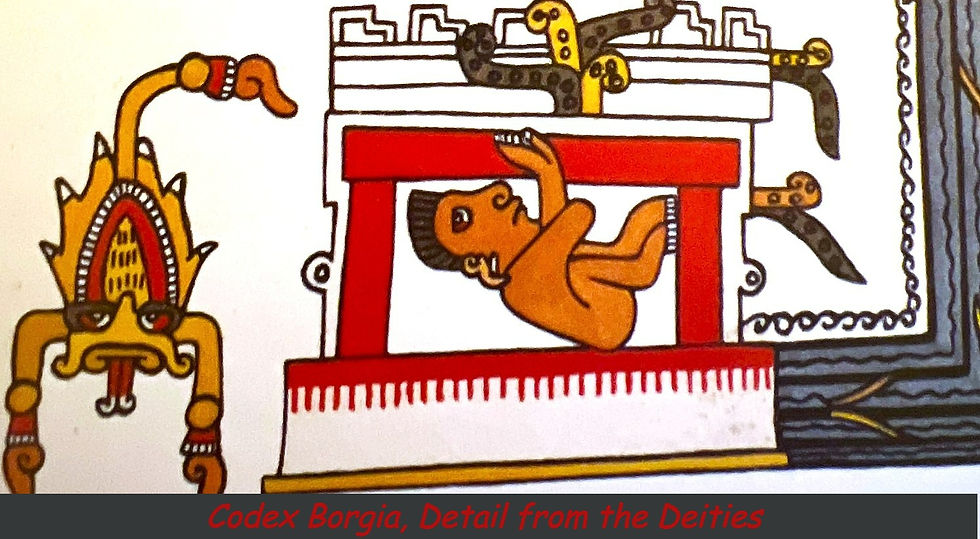There is a well-written article in the latest issue of America magazine that touches upon an issue very relevant today, in the United States. The title of Jim McDermott’s September 19th article says it succinctly, “The Catholic Church has been banning books for centuries. Here’s what it can teach us about censorship today.”
McDermott concludes his article, “In the end, you can’t stop an idea through censorship. And usually the impulse to try comes out of fear of others, rather than love for one’s own.” I think this is true. And I think the point that he makes is so sorely needed to be heard and embraced by American Catholics, many of whom are sadly caught up in the fervor of right-wing politics that now seeks to ban numerous books from schools and libraries.
I agree with McDermott’s point that censorship—in the long run—does not work. What concerns me, however, is that in the short-run censorship can stifle democratic discourse, the free exchange of ideas, and have a terrible chilling effect on society.
In the 1920s and 30s for example, as the Fascists rose to power in Italy, it is now well-documented that the Catholic Church from the Pope on down decided to ride upon Benito Mussolini’s coat-tails, and actually often carried his water for him by censoring the Catholic media, from Jesuit publications to church bulletins. (See for example the research of David Kertzer.)
Ideas.
Some ideas challenge and to those being challenged, especially those in positions of power, react.
In 1562, Bishop Diego de Landa Calderón, OFM, ordered the destruction of a Mayan library that pre-dated Christianity by thousands of years. Almost all of the the Mayan manuscripts (codices) –works that as one author notes, “would have been very useful in deciphering Maya script, knowledge of Maya religion and civilization, and the history of the American continent,” were wiped out. Calderón became the gatekeeper of the information that remained about this ancient American civilization—and quite obviously he had an agenda, in the conversion of the peoples of the Americas to Catholic Christianity.

In the long-run, look at what was lost--the damage that was caused?
I have encountered a kind of self-censorship on the part of American Catholics when I attempt to share an article with them from America magazine, or the National Catholic Reporter, for example. Immediately, some react, with a
generalized, “I don’t read that.” What some of my friends and acquaintan
ces are essentially saying is, there are ideas in those periodicals that may challenge their beliefs.
That is what is going on in schools and libraries throughout the United States now.
Ashley Hope Pérez, John Irving, Toni Morrison, George Orwell, William Styron, John Steinbeck, Ta-Nehisi Coates, Art Spiegelman, and George Johnson are just a few of the authors of the 1,648 books banned by school districts in some 32 states over the past year. These books deal with issues such as authoritarianism, human sexuality, race relations, slavery, discrimination, and bullying. Public libraries are feeling a similar squeeze. According to the American Library Association, there were 729 attempts to censor American public library materials in 2021, involving a total of 1,597 titles. And with only part of the 2022 year tabulated, there had already been 681 challenges to more than 1,650 titles!
America, please. And American Christians particularly, and Catholics quite specifically. Please don’t check your brains at the door.

Comments